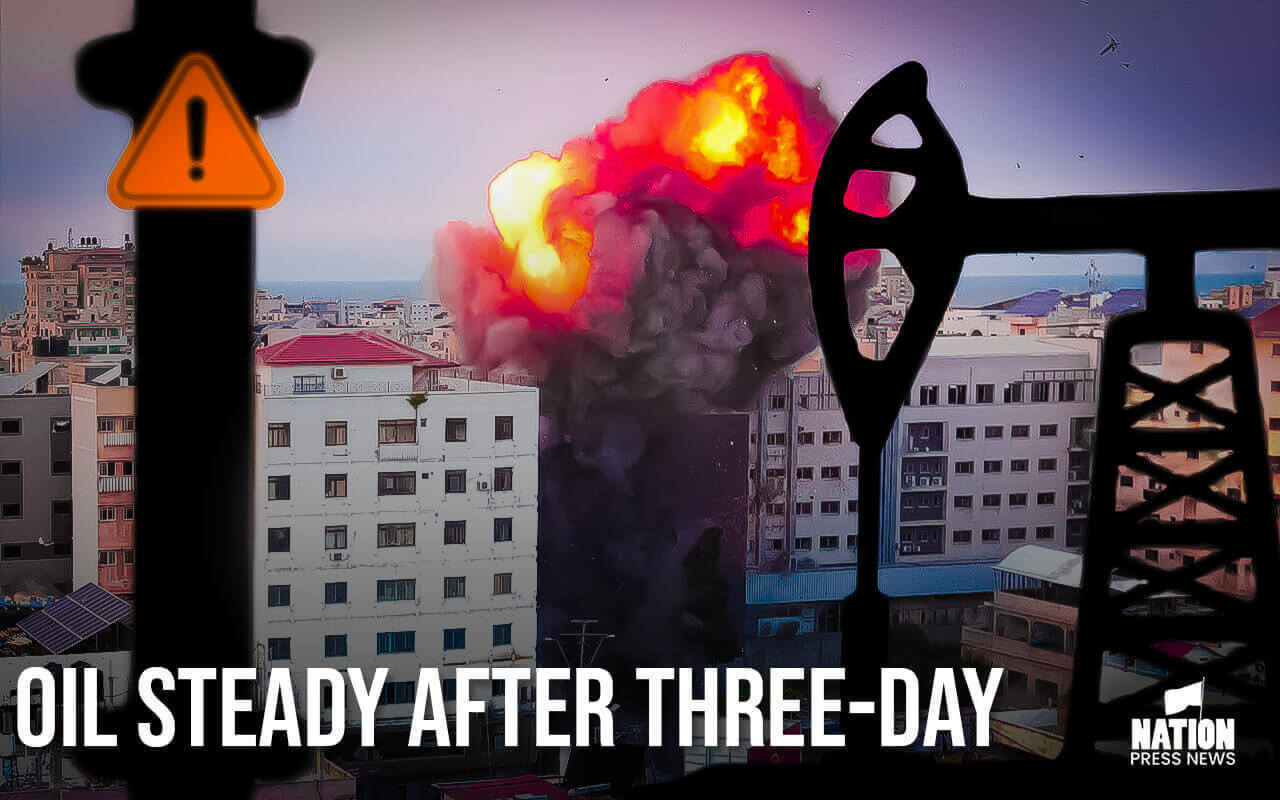Oil Falls for a Fourth Day as Wider Middle East War Fears Ease
West Texas Intermediate traded near $83, while benchmark Brent crude fell below $88 a barrel and has already lost over half of its gains since the attack by Hamas on October 7. The White House announced on Tuesday that the US and Saudi Arabia had decided to undertake diplomatic efforts to maintain stability throughout the Middle East, allaying concerns of significant disruptions to the oil market.
On worries that the war would get worse, crude prices rose early on in the conflict, potentially endangering Iranian exports and sparking attacks on tankers in vital trade lanes. With increasing pressures within Israel to reconsider the scale of a ground invasion of Gaza, such fears have diminished in recent sessions, although the possibility of further disruption still exists.
A ground assault in Gaza may have been put off, according to Vishnu Varathan, Asia head of economics and strategy at Mizuho Bank Ltd. If Iran, Lebanon, or other countries were included, he warned that the “live risks of a more uncontained conflict would be reflected in a heartbeat.”
President Xi Jinping increased support for the Chinese economy away from the Middle East by issuing more sovereign bonds and increasing the budget deficit ratio. The actions are encouraging optimism in broader financial markets and may help sustain demand in the largest crude importer in the world.
According to those familiar with the statistics, the industry-funded American Petroleum Institute reported on Tuesday that national crude stockpiles decreased by 2.67 million barrels last week, perhaps pointing to a rise in oil prices. Stockpiles at the storage center in Cushing, Oklahoma, were seen to be modestly increasing. Later on Wednesday, official figures are anticipated.







